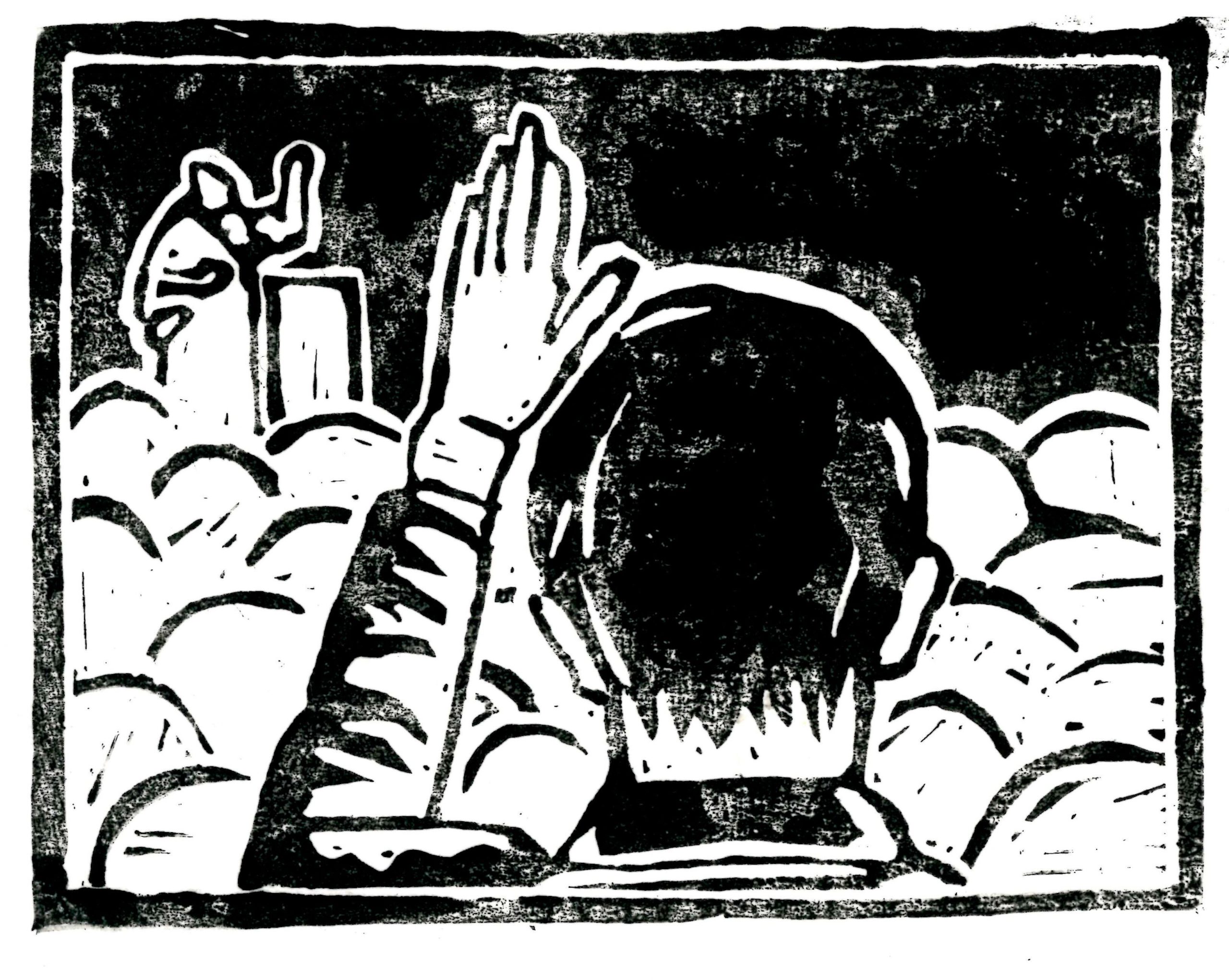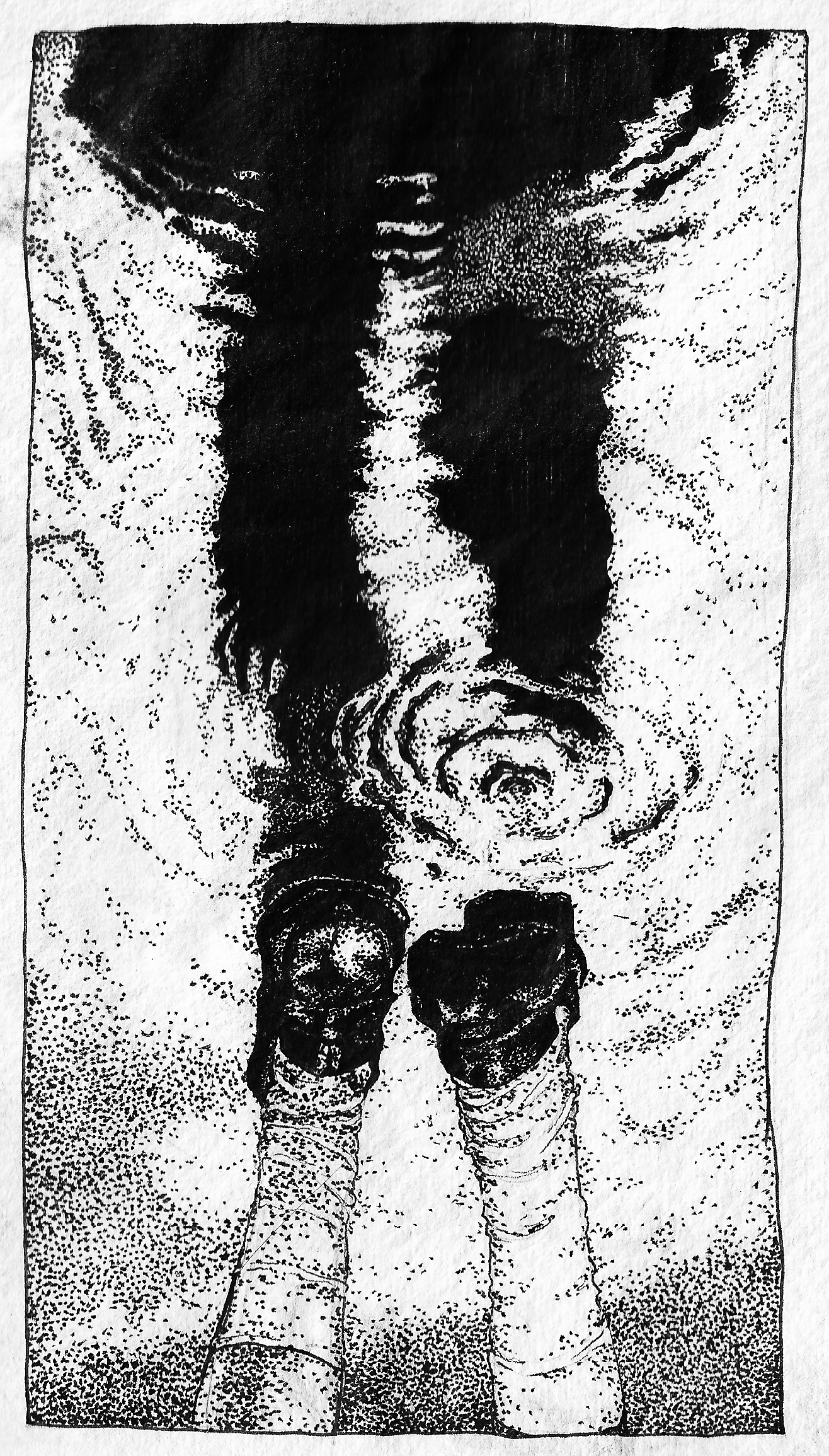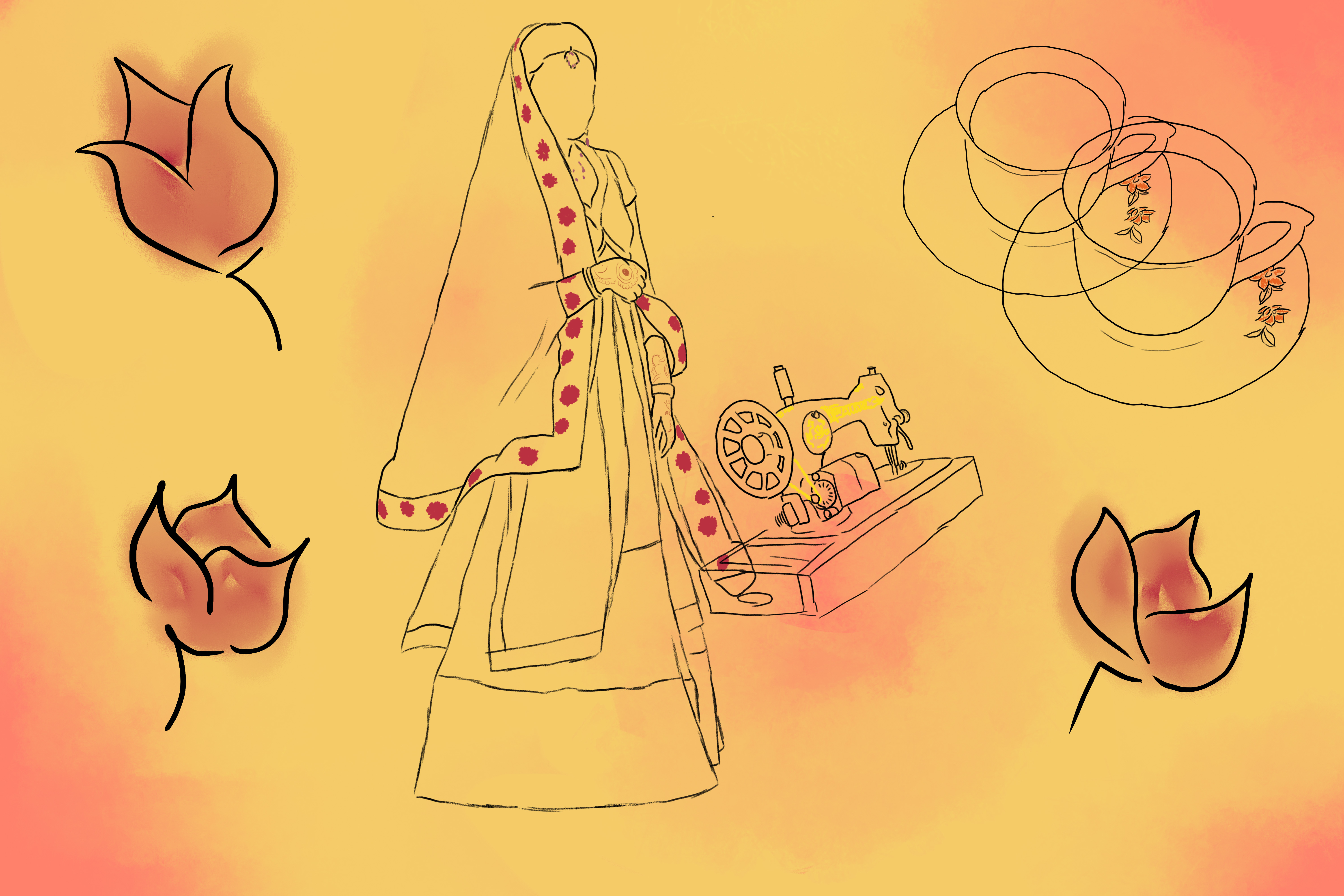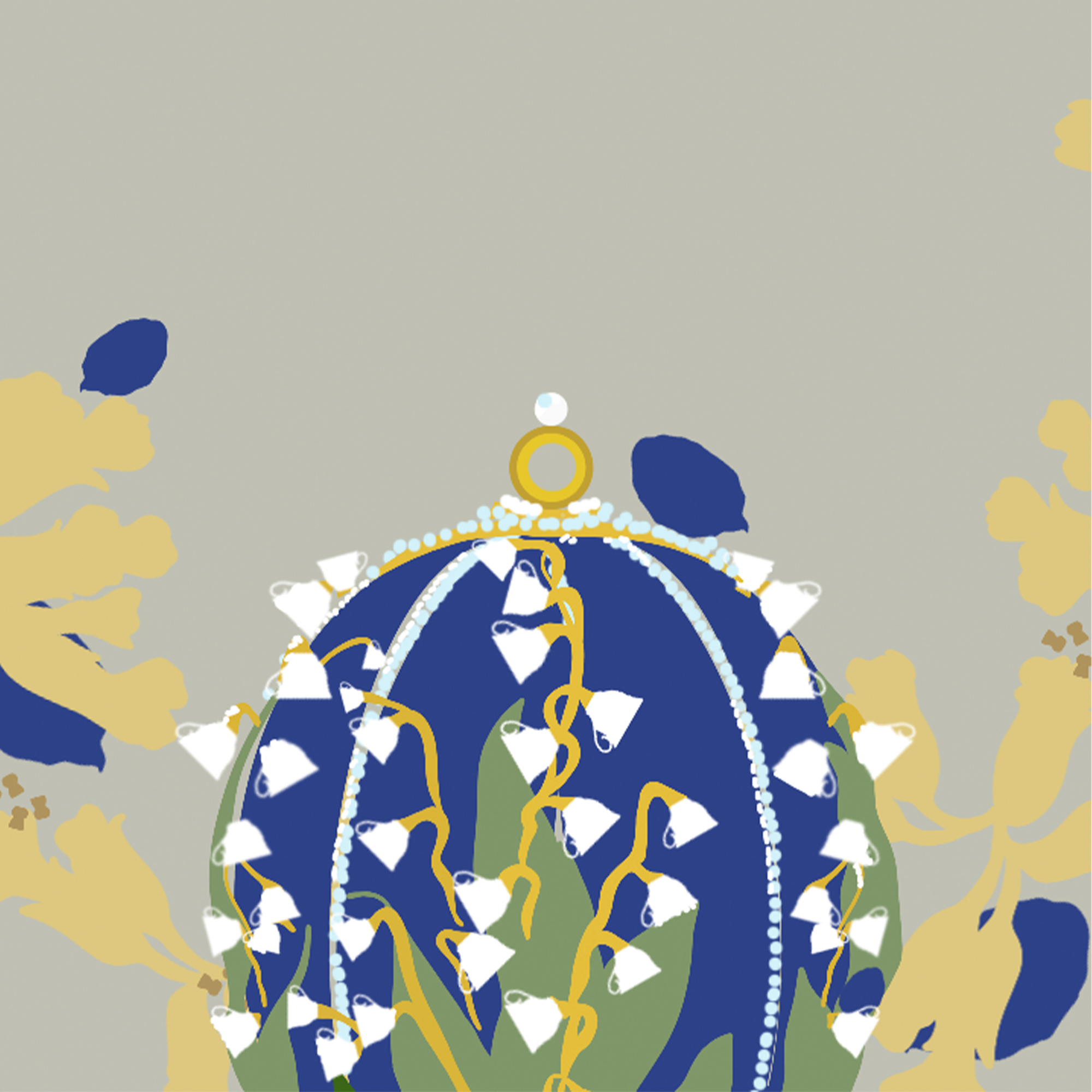
when Rumi came to the Oxford Union
a report in ten Onegin stanzas
In Konya’s streets, with great fanfare,
A letter came to pomp and show
Its waxy seal a bold affair,
Dispatched to the Rumi château.
But oh, its trip—a tragic jest—
Attar’s proud bird, who failed the test,
Dropped cargo o’er a random dune,
Then off it squawked towards the moon.
The centuries blurred; time’s a bore,
And a postman, lost, underpaid,
Made circles where camels strayed.
It took three hundred years, no more,
Till Rumi’s hands the letter met,
Still sealed, and a tad damp with sweat.
Rumi held the note, arm outstretched,
As though it might combust or bite.
Hafiz, his grin by laughter etched,
Just raised an eyebrow at the sight.
The seal was cracked, the scroll displayed,
revealed grand words in gold arrayed:
“Dear Jalal ad-Din Rumi, sage
You are invited to take stage
at the Oxford Union. Come, dine,
and debate questions old and broad,
on truth, on love, the will of God.”
Silence. Then Hafiz spat his wine,
“Oxford?” he leered, “What fools they be!
Truth is not found in Trinity.”
To join their call, Rumi delayed,
“Don’t they know there’s nothing to teach?”
Hafiz said, “Go, let them be swayed—
It’s ‘the pinnacle of free speech’!”
“The pinnacle?” Rumi wasn’t smitten,
“They must have small peaks in Britain!”
“Debate is like chewing water—
Start at ‘truth’ and reach no quarter.
But go! The jest will serve them well.”
And so, he packed, his sandals old,
No purse, no books, no robes to fold.
Set forth with wisdom’s thirst to quell,
His couplets wrapped beneath his chest,
Thus, wisdom wandered East to West.
Somewhere near the Bosphorus Strait,
A border guard with furrowed frown:
“Mawlana’s visa’s out of date—
State your purpose or turn around.”
Rumi says, “Do birds need papers?”
The guard, immune to such capers,
“Master, bliss like yours is quite rare—
What fuels your calm? What scents the air?
Has hashish clouded all your schemes?”
“Well, the idea of a nation,
Is prideful intoxication.
Why divide hearts when life’s a dream?
Nothing blooms when borders are drawn;
God’s well flows endless, dusk to dawn.”
The Union swells with gowns and ties,
Its arches hum with hushed delight.
The cherubic President starts to rise,
Adjusts his knot—a Windsor, tight.
His voice ascends: “Oh, sage revered,
To grace these halls, as you’ve appeared,
Is honour vast. Debate’s our art;
We test the mind, refine the heart.
In no more than ten minutes, please,
Present your case, mount an offence,
Sway the crowd who sit on the fence”
Rumi, amused, begins to tease,
“Do we debate or play charades?
Ten minutes to refute decades?”
The crowd leaned in, their pens held tight,
Each poised to strike, like blades in hand.
Prepared to wrestle wrong from right,
Make syllogisms, sharp and grand.
“What is truth?” the President quivered,
Question rehearsed in a dorm’s mirror,
Rumi laughed, a soft delight,
Then strode into the pooling light.
“Truth is the rain that falls, then flies,
You search in stones long cast away,
Yet now you’d have me stack and play?
It’s a stream that dances, then defies.
The truth, my friends, is not decree—
Not to be found o’er college tea.
Rose a student with steady air,
Though nerves beneath her calm beguiled.
“The world,” she said, “is just and fair,
Its balance kept, its laws compiled.
Why seek in Love what fact bestows?
You speak of things no one can know.
The law is blind, impartial, just—
What need for hearts when minds can trust?”
Rumi replied, his gaze aglow,
“Dear, your scales are deftly weighed,
Justice falters and Love betrayed.
What roots the law but hearts that know?
The law is blind? A charming fable —
Watch them wink, sat at High Table.
A scholar stood, with measured voice,
“The law must guide both right and wrong.
For freedom’s strength lies in its choice,
By rules that keep the weak from strong.
Without such bounds, the world’s unkind,
Each selfish heart leaves truth confined.
What is this ‘freedom’ Love extols,
If chaos reigns in human souls?”
Rumi: “Brother Locke, we’re on the same team,
Yet your laws cannot make men free;
The chains you break are not the key.
True freedom lives where spirits dream—
Unbind yourself, let Love suffice,
Hearts, not rules, end in paradise.”
A German rose, his mind intense,
His tangled hair and furrowed brow.
Behind each word, a logic dense,
“Language-games, I wonder how…”
His eyes pierced; he wasn’t smiling,
“… Make mysticism most beguiling—
But what we cannot speak with care
Must rest in silence, cold and bare.”
Rumi replied, his joy unfurled:
“Ludwig, your maze is finely spun,
Yet truths are found where words are none.
The dervish spins, the dancing world,
Its silence speaks, both near and vast—
No map of words can hold it fast.”
The hall grew quiet, no breaths drawn,
Like children caught in boastful play.
One voice arose, defiance shone:
“Why roast us so, then walk away?
Why come at all, if not to scrap?”
His challenge lingered, like a slap.
Our hero shrugged; his gaze was light:
“Your letter, friend, was most polite.”
Then barefoot, calm, he turned to leave,
Students sat, belief suspended,
Had they been taught or offended?
Their minutes claimed, in tones most naïve:
Rumi declined to debate the motion,
Citing the futility of debating the ocean.∎
Words by Bilal Moin. Art by Selene Gadsby.







